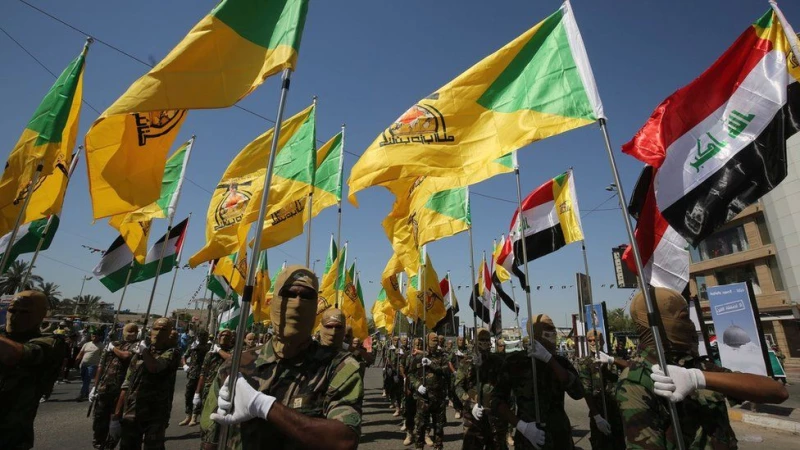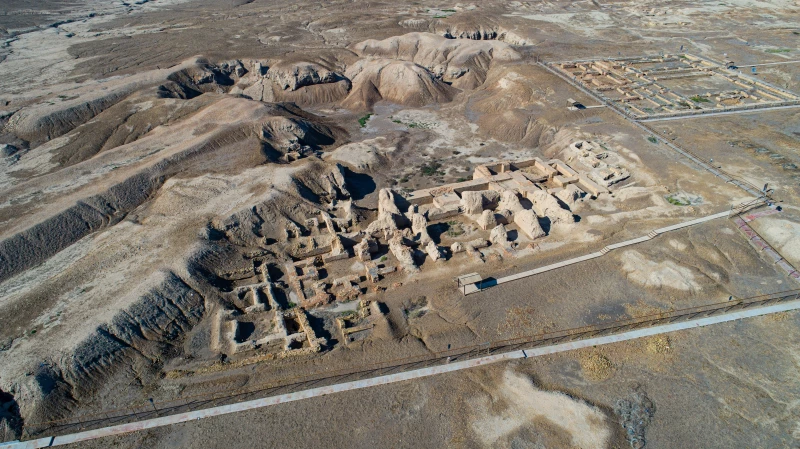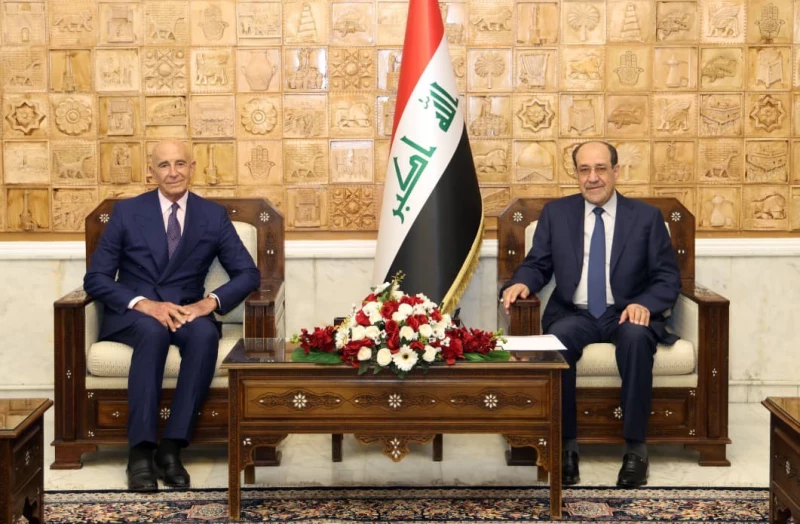ERBIL, Kurdistan Region of Iraq - The Association of the Petroleum Industry of Kurdistan (APIKUR) on Monday called on the US congress for “immediate assistance” in resuming the export of Kurdistan Region’s oil through a Turkish pipeline after 10 months of frozen exports.
“APIKUR and its members reiterate their request for preserving the sanctity of their contractual rights as well as certainty of past and future payments to end this deadlock. APIKUR is confident that, with advocacy from the U.S. Executive Branch as well as the U.S. Congress, the desired solution can be reached,” read a letter to the US Congress, made public by the association.
Exports of the Kurdistan Region’s oil through the Turkish Ceyhan pipeline was halted in March after Ankara lost a case against Baghdad in a Paris-based arbitration court. The case accused Ankara of breaching a 1973 agreement by allowing the Kurdistan Regional to start selling oil independent of Baghdad.
The ruling ordered Ankara to pay $1.5 billion to Baghdad in compensation for breaching the agreement, however Turkey responded by halting exports through its pipeline.
The Kurdistan Region previously exported just under half a million barrels of oil, including around 75,000 barrels from federal control fields in Kirkuk, on a daily basis through the Ceyhan pipeline, however ten months of halted exports has dealt a large economic blow to both the Kurdistan Regional Government (KRG) and foreign oil companies working in the Region.
“The U.S. Development Finance Corporation, for instance, has invested $300 million in energy projects in the KRI,” the letter read. “Moreover, our APIKUR member companies, have invested over $10 billion in the region. These investments, which were made based on solid, legally-binding agreements, are now being jeopardized.”
Several rounds of talks and negotiations have been held between the Iraqi government and the KRG since, however oil exports are yet to resume, putting the KRG in a tough financial situation.
The KRG had for years relied on oil exports to pay its civil servants, however a halt in oil exports and budget disagreements with Baghdad has led the government to take austerity measures and oftentimes unable to independently fund the salaries of its civil servants.
The KRG on Wednesday met with members of the International Oil Companies (OICs) to discuss the latest developments in talks with Baghdad.
According to Iraqi PM Sudani, the issue of resuming export is no longer political, instead, the matter now relies mainly on “the cost of producing barrels,” Bloomberg reported.

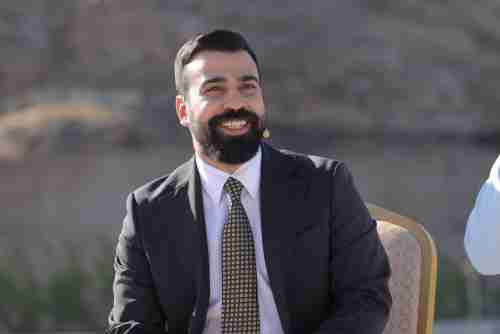
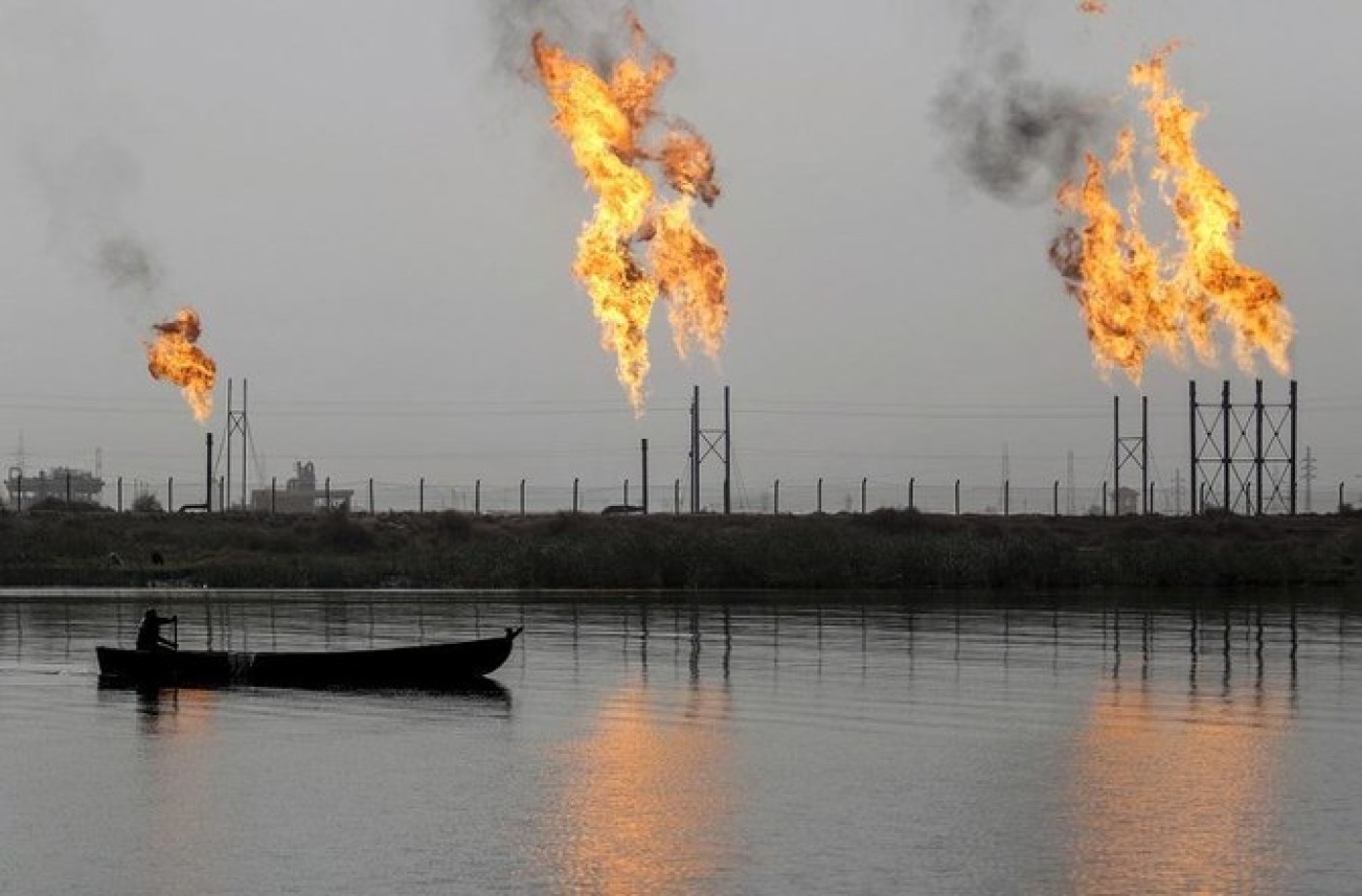
 Facebook
Facebook
 LinkedIn
LinkedIn
 Telegram
Telegram
 X
X
